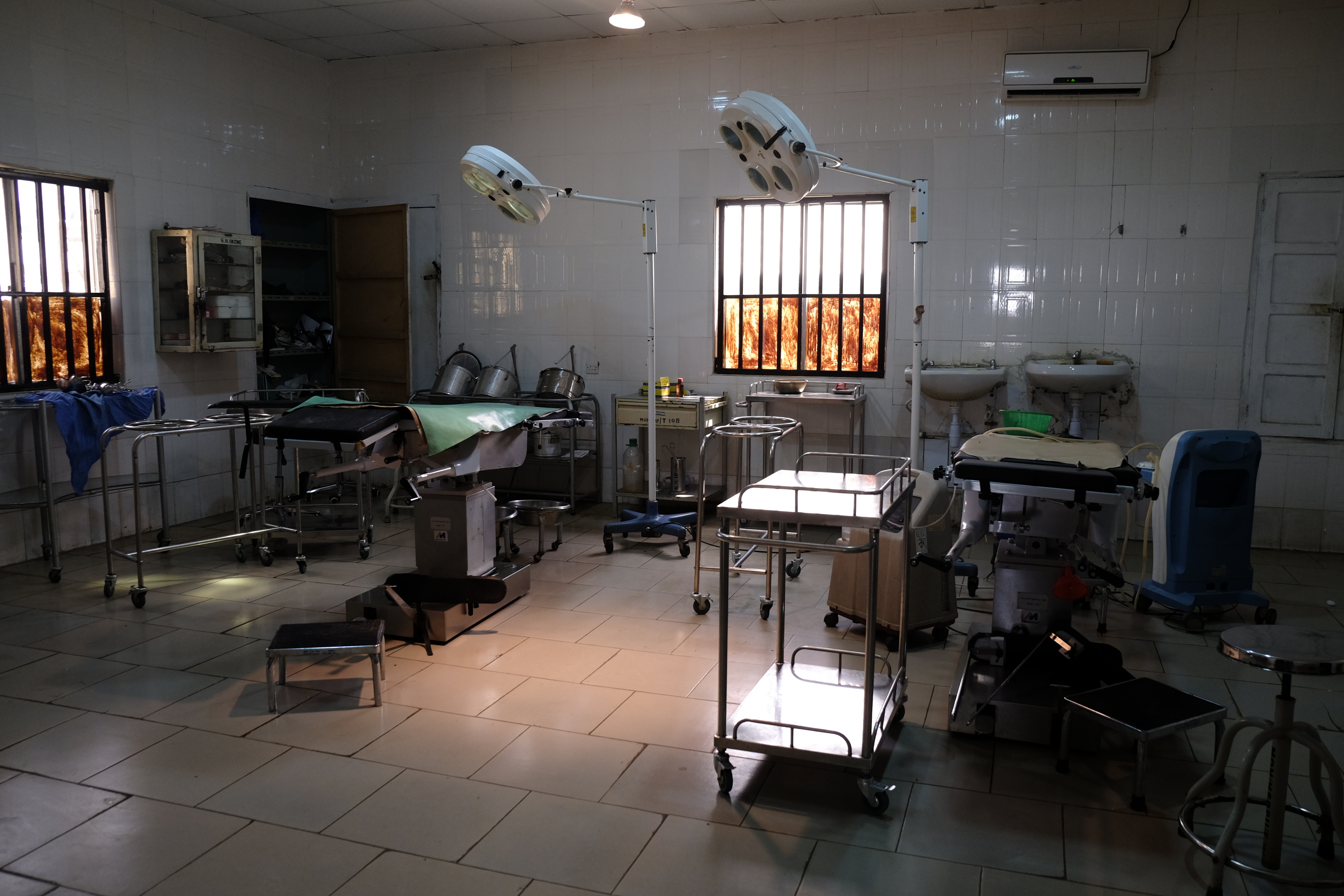
The general mood at the 2016 International Conference on Family Planning (ICFP) bounced between unbridled optimism to the pessimistic realism of "veterans" like Ellen Starbird, USAID's director of population and reproductive health, who noted quite plainly that "15 years from now we are still going to be sitting here and saying we have a long way to go."
Family planning is critical for gender equality and reducing poverty, as contraceptives are noted to prevent unplanned pregnancies, reduce the number of abortions, and maternal mortality. However, globally over 200 million women of reproductive age, many of who are Nigerians, remain without contraceptive commodities, partly because they simply do not want it.
Standing in a brightly lit ballroom at one of the five-star, beachfront hotels, which played host to thousands of family planning experts and advocates this past week in Bali, Indonesia, Dr. Mojisola Odeku, Project Director of Nigerian Urban Reproductive Health Initiative (NURHI) exclaimed, "We have evidence for the first time in Nigeria!"
Developed through a five-year project sponsored by the Bill and Melinda Gates Foundation, this evidence consists of processes and strategies that "improve quality of services and access to family planning" while generating demand through "the use of an integrated communication strategy". Evidence based advocacy has become a buzzword in the reproductive health community, hyped to be effective in pushing plans that influence policies and translate to real change. Odeku enthused that if replicated in other parts of the country it would go a long way to change the family planning landscape.
Nigeria's population is estimated at over 170 million, projected to exceed 250 million by year 2030 enabled by a birth rate of 38 per 1, 000 births. Family planning advocates say that providing access to modern and affordable contraceptive care is critical to curbing the impending population explosion which could derail efforts to reduce poverty, maternal and child mortality.
While awareness of contraceptives and other family planning products is high in Nigeria, usage remains very low. Myths and misconceptions are some of the biggest reasons for this trend-like the belief that the side effects experienced with contraceptive use are actual diseases or that contraceptives causes infertility or that it affects mental health and sex drive.
During the 2012 London Summit for Family Planning, the Nigerian government pledged to raise Contraceptive Prevalence Rate (CPR) among women of reproductive age from 15 percent to an ambitious 36 percent by 2018. It was however never made clear how exactly this national plan would be translated and achieved in the 36 autonomous sub-national states that make up the country, each with varying levels of CPR.
"(CPR in) Some states are above 36 percent while some are below one percent," says Project Director for the Palladium group, Sada Danmusa whose research model presented at the conference disaggregates Nigeria's CPR national goal. Thus showing how far each state must grow its CPR to enable the attainment of the 36 percent national target in the next couple of years.
A lack of essential and reliable data in the country means government officials can hide behind promises that would never be realized while often deploying programs and policies disconnected from the real needs of the people and so inevitably doomed to fail.
Since 2011, for example, as part of the Nigerian government's reproductive health scheme, contraceptives and other family planning commodities is bought and supplied for free. "But the demand component that would draw traffic" was never properly planned for or invested in, argues Odeku.
While, it is mainly a failing of the state government whose responsibility it is to transport the commodities to health facilities; calculated advocacy plans, local partnerships and targeted communication strategies are said to be proven ways to ensure supply meets demand in this regard while taking into cognizance that "no one size fits all".
"…Context matters because even though it is the same country, findings from Kaduna and Lagos states highlight the different socio-cultural contexts. So, when policies or programs to promote contraceptive use are being planned or put in place, they should be specific to the context," says Funmilola OlaOlurun a lecturer at the University of Ibadan whose research findings demonstrates the need for services, programs and policies that will be responsive to varying demographics.
But while the facts and figures suggest Nigeria is way off track on plans and targets, the country maybe doing better than evidence suggests. According to Nosa Orobaton, who spent years working on the USAID sponsored maternal health project in two Northern Nigerian states, there are a lot of "covert contraceptive users" who would never admit usage in official survey settings. This may explain the falling fertility rates noted in some places, which Orobaton attests to. "Fertility has declined drastically in Sokoto state, from 8.7 percent to 7.0 percent. This is similar in Bauchi as well," he said.

Education Resource
Meet the Journalist: T.R. Goldman
In July 2017, T.R. Goldman traveled to Nigeria for two weeks to report on a story for the U.S...





![“I don’t know what to tell her or which age is the appropriate to [prevent] my daughter from becoming a pregnant teenager,” Ariza said. “I would like to tell her to use condoms and contraceptives whenever she starts having sex, but I don’t know [if] it will be good or bad to tell her all [that.]” Image by Jennifer Gonzalez. Dominican Republic, 2014. Media file: ariza6.jpg](/sites/default/files/01-06-16/ariza6.jpg)



